With its growing membership and focus on sustainable development, the Shanghai Cooperation Organization is poised to play a more significant role in promoting regional stability, economic growth and ecological sustainability, experts said.
"The SCO has immense potential to explore new economic development models based on sustainable principles," said Akylbek Kylychev, rector at the Kyrgyz Republic's Diplomatic Academy of the Ministry of Foreign Affairs.
He made the remarks during the two-day SCO International Think Tank Forum held over the weekend, where more than 100 scholars and experts gathered from 10 countries to discuss the evolving role of the SCO in fostering regional stability, sustainable development and geopolitical cooperation.
The forum, themed "Promoting Sustainable Development, Building a Shared Home", was hosted by the Institute of Russian, Eastern European and Central Asian Studies at the Chinese Academy of Social Sciences, the Institute of Central Asia of Shaanxi Normal University, and the China University of Petroleum (Beijing).
Kylychev emphasized the importance of closer multilateral cooperation within the SCO, noting that "building an SCO community of shared future will strengthen mutual understanding, trust and cooperation among member states, fostering common development".
He mentioned China's initiatives within the organization, highlighting their significance for global security and stability, especially as they contribute to multilateral efforts in addressing regional challenges.
The importance of multilateralism within the SCO was echoed by Mirvaisov Mamurdzhon, head of the Department of International Cooperation at the National Academy of Sciences of Tajikistan. "We all know that no country in the world can cope with these threats and challenges alone or effectively," he said, emphasizing that the deteriorating situation in the Middle East has prompted Central Asian countries to recognize the interconnected nature of security threats. "The SCO has increasingly become a crucial platform for security, stability and economic development," he added.
Sun Zhuangzhi, director of the Institute of Russian, Eastern European and Central Asian Studies, called for enhanced multilateral cooperation within the SCO. "The SCO is our home. How we build this home better is an immediate priority," he said.
While the recent inclusion of Belarus into the SCO expands the organization's influence, Sun acknowledged that the increasing number of members also brings new challenges in coordination and decision-making among member states. "We need to strengthen the mechanisms within the SCO framework to ensure more efficient decision-making processes."
The complexity of internal coordination was further elaborated by Ding Xiaoxing, director of the Institute of Eurasian Studies at the China Institutes of Contemporary International Relations. Ding advocated for reforms to improve the SCO's efficiency, particularly by enhancing the Secretariat's role to make the organization more responsive in urgent situations.
The organization now has 10 member states, two observer states, and 14 dialogue partner countries. "As the number of member countries grows, the challenges of internal coordination become increasingly complex," Ding said, highlighting the need for streamlining procedures.
Amid discussions of security and governance, scholars also focused on sustainable development as 2025 has been declared the SCO's Year of Sustainable Development. "Strengthening cooperation within the SCO framework in the area of circular economy will enhance the competitiveness of members' economies and strengthen their collective positions in key international forums that shape global sustainable development policies," said Nadezhda Batova, associate professor at the National Academy of Sciences of Belarus' Institute of Economics.
Batova called for member states to exchange best practices and technologies related to sustainable production, which she believed could spur large-scale investment projects.
Liu Qian, executive deputy director of the Center for Russian and Central Asian Studies at China University of Petroleum (Beijing), supported this idea by emphasizing the potential for renewable energy cooperations between China and Central Asian countries. Liu cited some ongoing collaborative projects, including photovoltaic power plants in Kazakhstan and electric vehicle production facilities in Uzbekistan, as examples of China's active role in supporting Central Asia's energy transition.
Li Juan, associate professor at Shaanxi Normal University's Institute of Central Asia, highlighted China's "technology, funding, and willingness" to collaborate with Central Asian countries on renewable energy projects. She pointed out that this cooperation could play a key role in driving Central Asia's transition toward a greener, more sustainable economy.








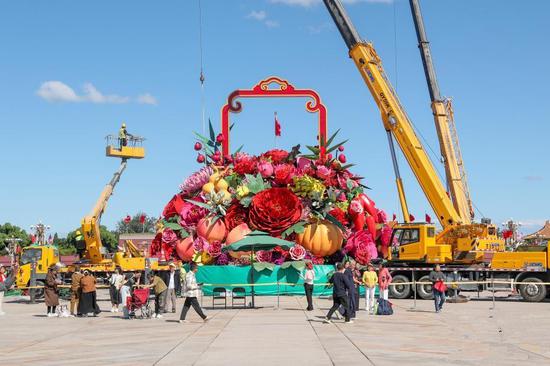
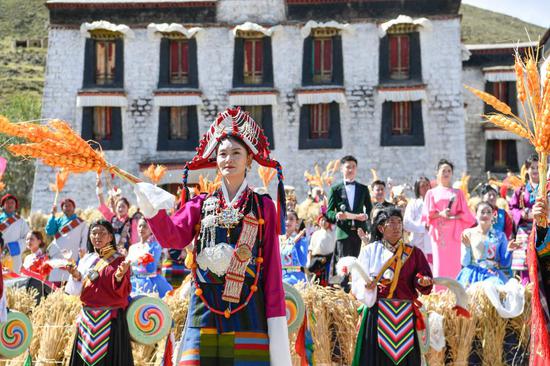
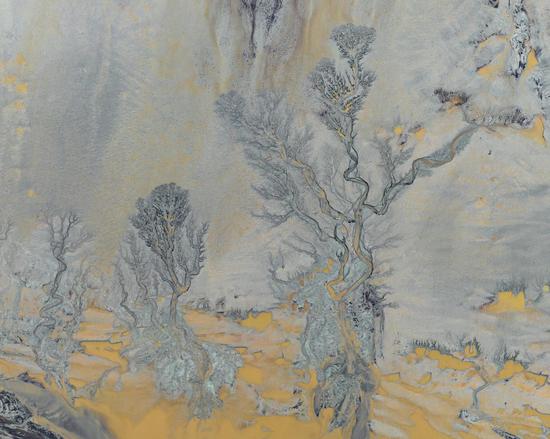
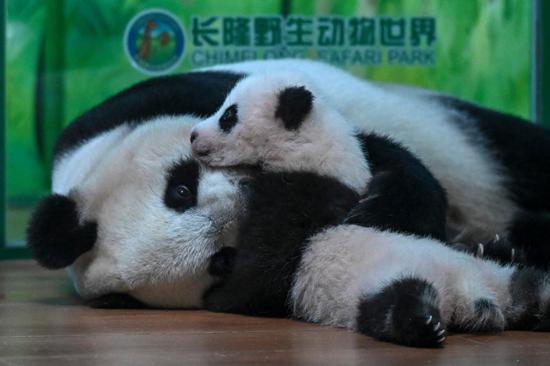
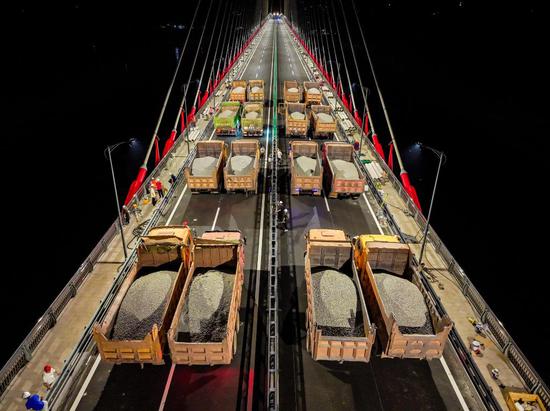
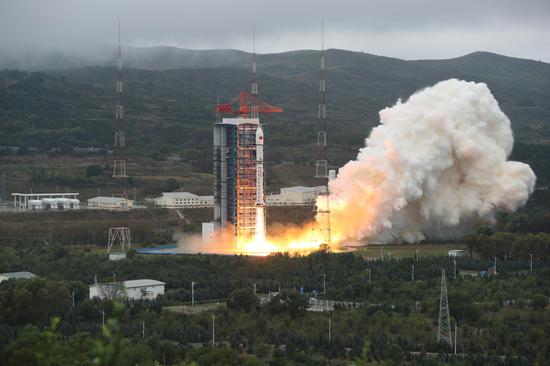
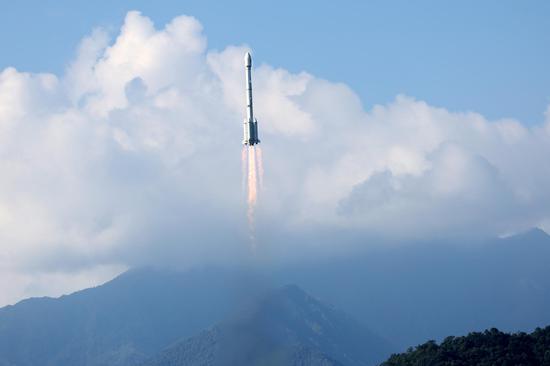


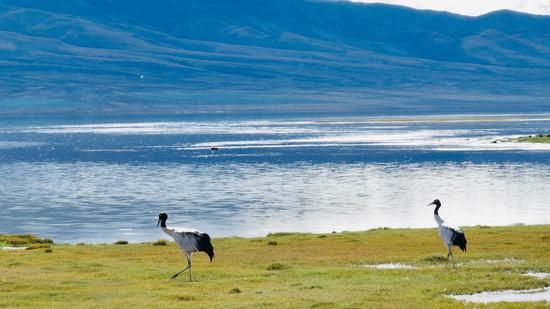




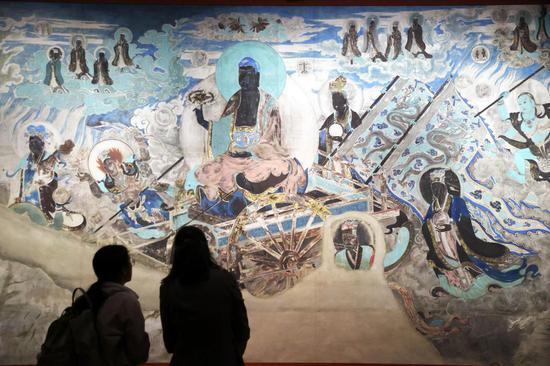

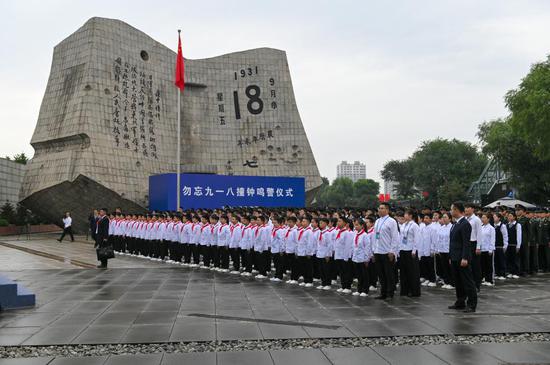

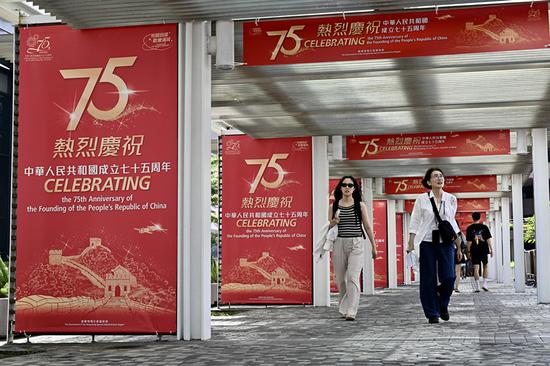
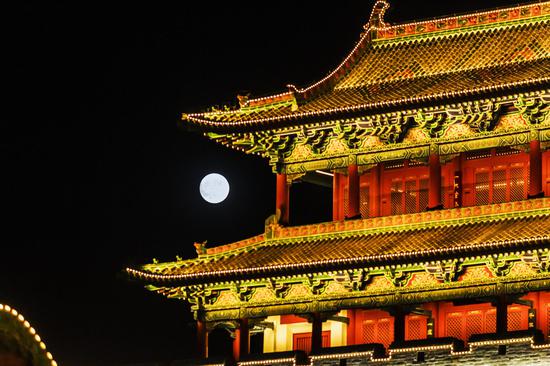



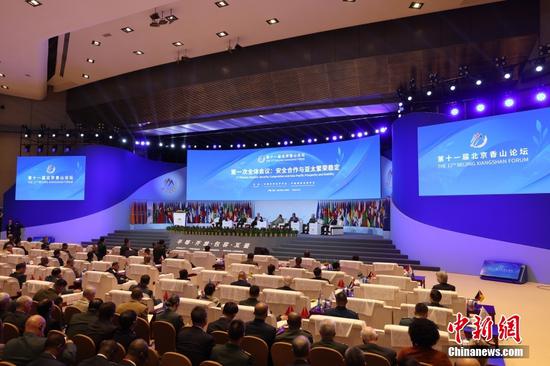

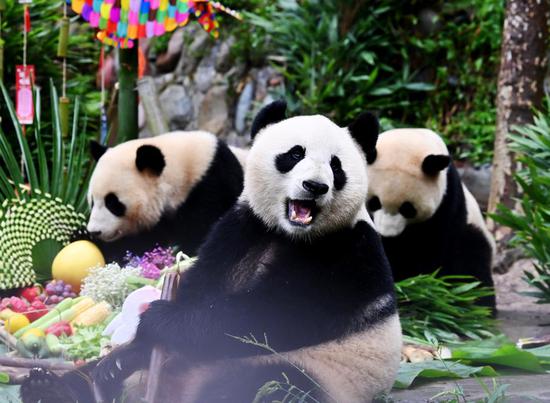


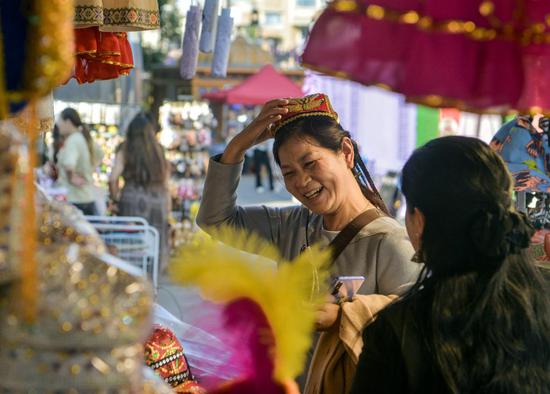
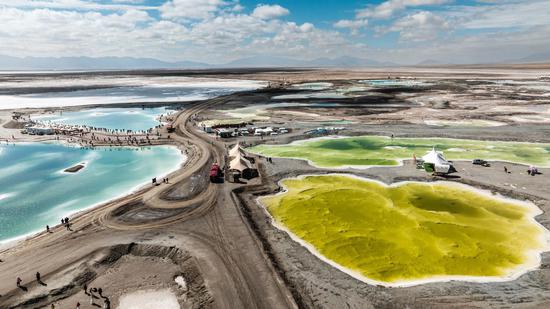
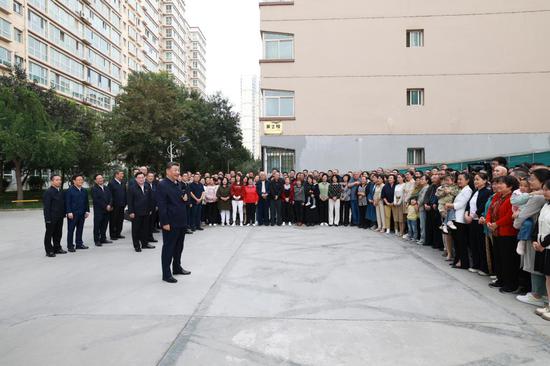
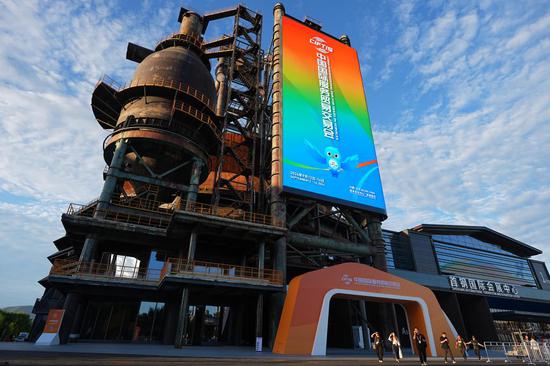
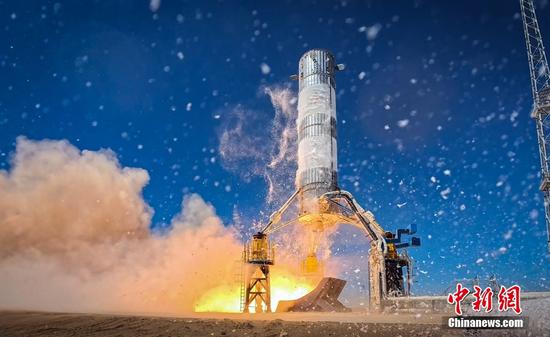


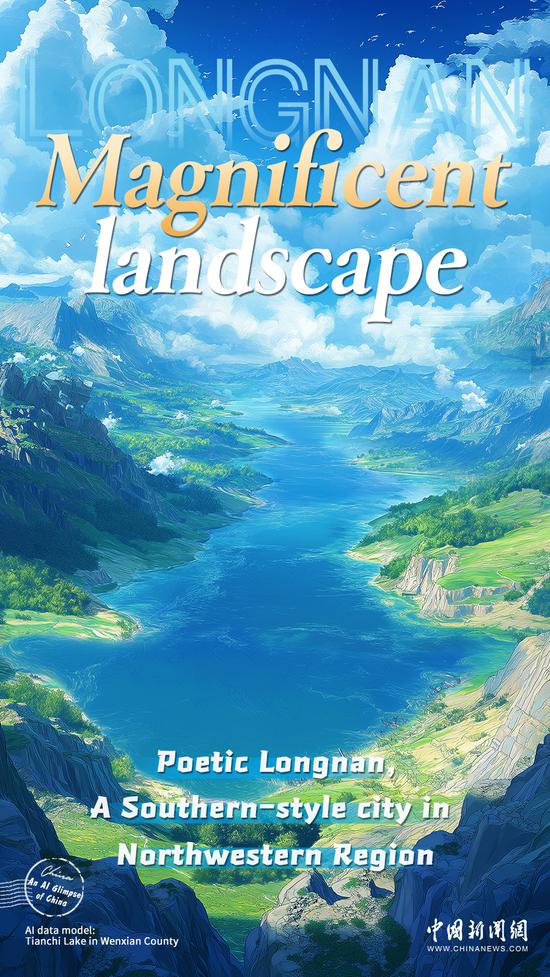
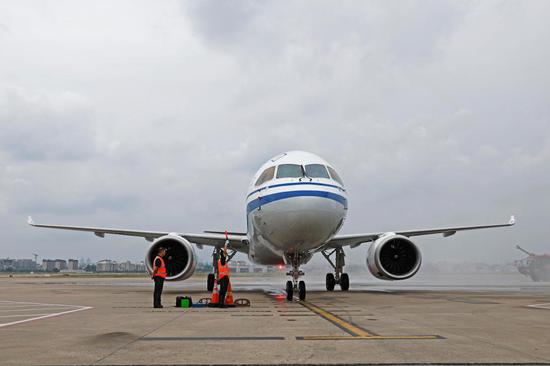

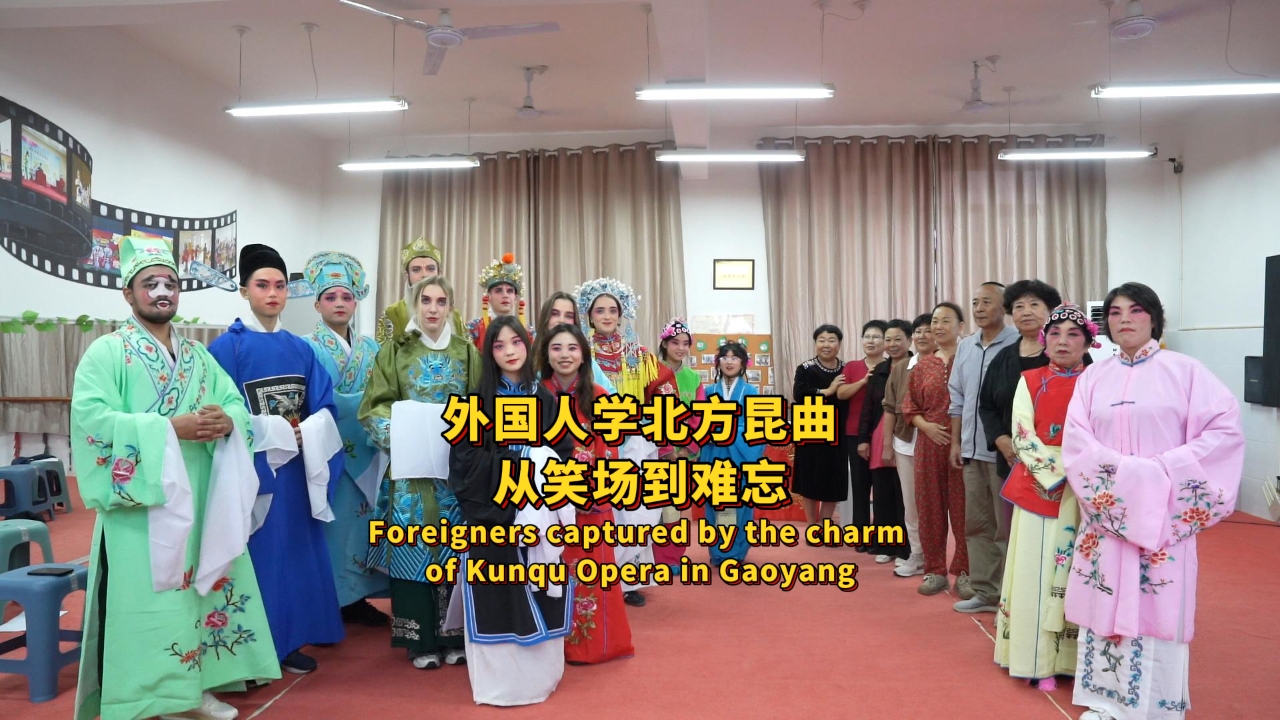

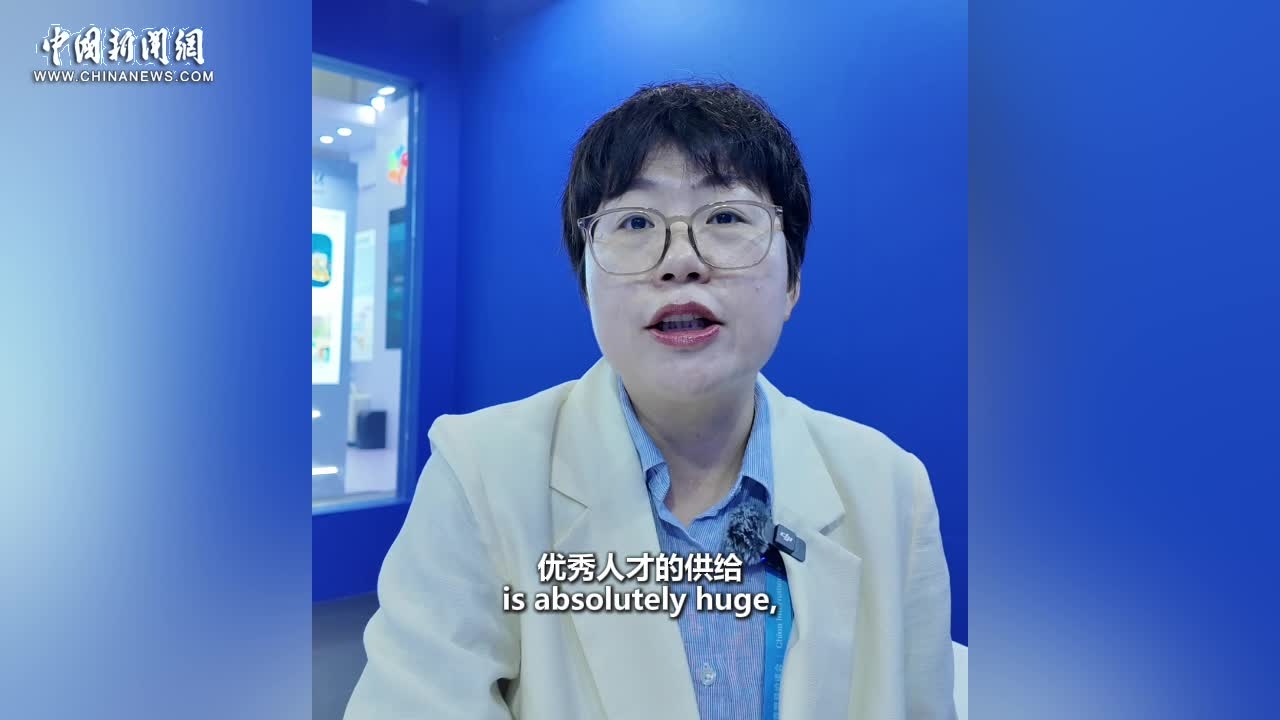

 京公網安備 11010202009201號
京公網安備 11010202009201號